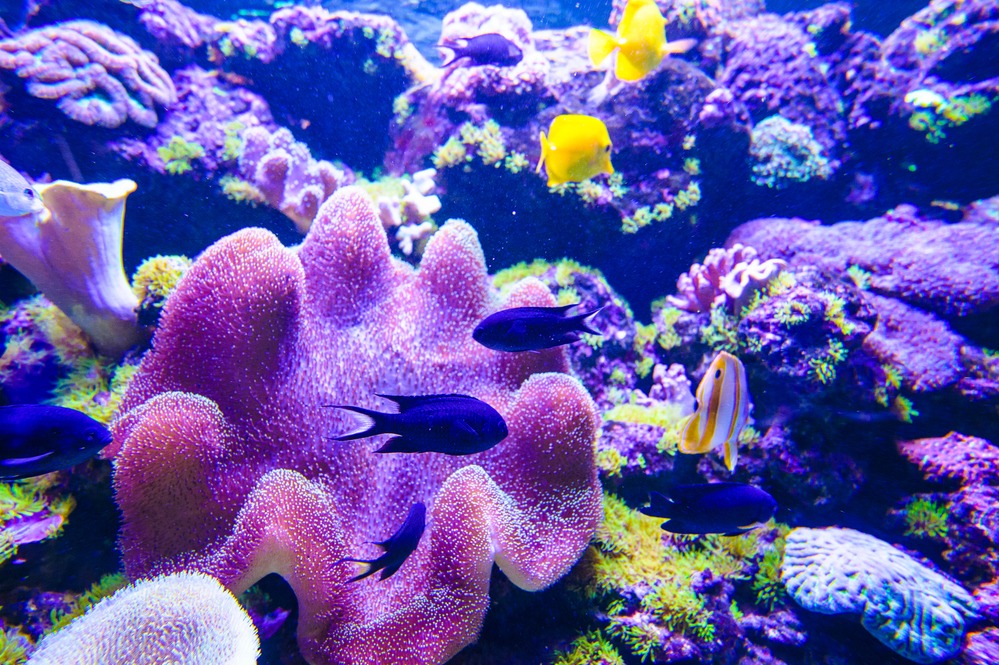Explore how shading corals during intense midday heat offers hope against bleaching. Dive into the latest findings, revealing the potential of shading as a means to protect coral reefs.
This article delves into pivotal research from Science News, unveiling the impact of rising ocean temperatures on coral reefs. It explores how shading corals during extreme heat, as discovered by marine biologists, could mitigate bleaching and enhance reef resilience.
Ocean temperatures are surging, posing a threat to coral reefs due to heat-induced bleaching. The mutual relationship between corals and algae can break down under stress caused by excessive heat and light, leading to the expulsion of algae and subsequent coral bleaching.
Marine biologist Peter Butcherine, from Southern Cross University, investigates shading as a solution for coral resilience during marine heatwaves. Corals rely on algae for food through photosynthesis. However, under stress, algae produce harmful chemicals, leading to coral bleaching.
To combat bleaching, Butcherine’s team experiments with shading corals during peak sunlight hours. They discovered that shading, even for four hours daily, helps corals retain algae, delaying but not preventing bleaching. High water temperatures continue to pose the most significant threat to coral health.
A study published in Frontiers in Marine Science details these findings, emphasizing the challenges corals face in repairing and sustaining themselves amidst rising temperatures.
The research signifies a breakthrough in understanding how shading can offer temporary relief to corals, slowing the harmful chemical production by stressed algae. However, sustained high temperatures remain the primary threat, impacting corals’ ability to retain their algae partners.
The emphasis on strategically timing shading to protect corals while minimizing potential side effects on photosynthesis highlights the delicate balance required to aid corals without disrupting the ocean’s food web.
The findings underscore the urgency of protecting coral reefs from the effects of climate change-induced heat stress. Strategic shading emerges as a potential, cost-effective method to aid reef resilience, although its long-term effects on the ecosystem warrant further exploration.
The Reef Restoration and Adaptation Program’s initiatives, such as artificial cloud formation to provide midday shade, signify innovative approaches aimed at safeguarding coral health and, consequently, the entire reef ecosystem.
The study reveals the nuanced impact of shading on coral resilience against heat stress. While shading offers temporary relief, the larger threat of sustained high temperatures remains. The quest to aid coral reefs in resisting, adapting, and recovering from extreme heat continues.
The research from Science News highlights the potential of shading as a means to protect coral reefs in the face of rising ocean temperatures. As scientists explore innovative strategies, including artificial cloud formation, the quest to aid corals in adapting to climate change remains a critical endeavor.



